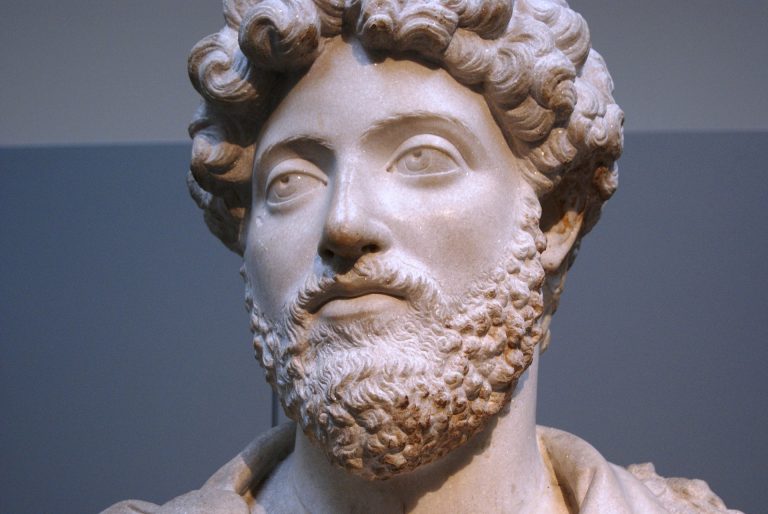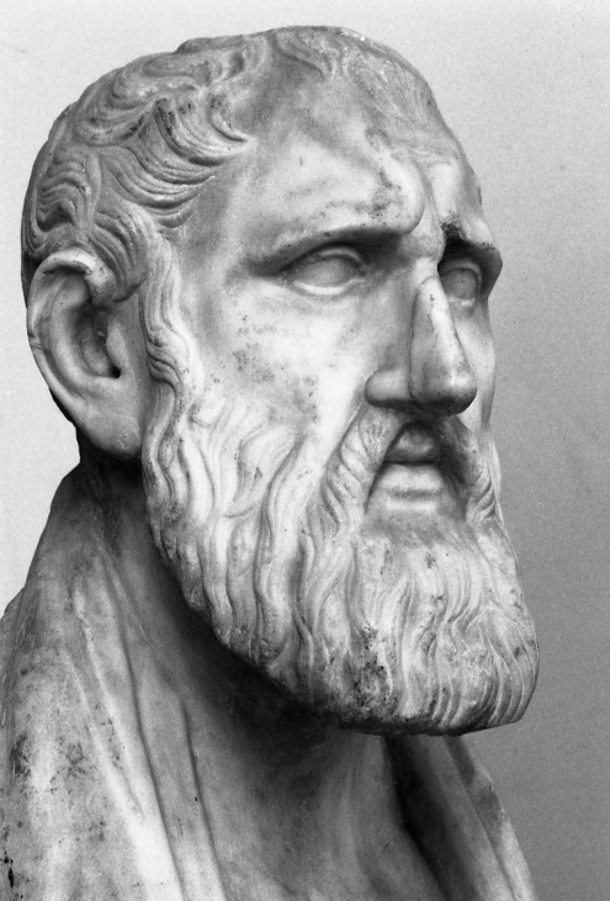
We’ve already mentioned in some of our other articles on this site that to live for pleasure alone is probably not a good life. It’s ironic that the pursuit of happiness can lead you to places that are not very happy at all.
The stoic will see happiness as the necessary byproduct of something else, namely virtue. The opportunity to practice virtue in your daily life, to measure your own mind, to take time out for introspection so that you can clearly see your own flaws and formulate a plan to deal with them so that you can in turn be even more virtuous is the essence of stoicism.
It’s like this, you might have a friend who needs some help, you’d rather not, perhaps you’d prefer to stay inside and play video games or to read a book, but your friend’s needs are just and fair. He’s not seeking to take advantage of you, or to get more than is due from you, he just needs some help with an important task at hand.
So having analysed your initial response you decide to put away your selfish interests and help your friend, after all, books and video games will always be there for you, but your friend needs help today.
You then help your friend and by doing so, you act virtuously and you might even inspire virtuous behaviour in your friend who may be more inclined to help others when they need it or repay you the favour sometime. Most importantly the act of helping your friend will invariably make you feel good, or at least a bit better than if you’d refused or done nothing at all. Thus happiness comes from actions that are virtuous.
As a result life, and the conditions of life for those around you and your friend have just got a little bit easier. The practice of putting virtue first has improved the world, not just for you but for everyone, making everyone happier in the process. We all need support at some time or another in life, which is why good friends and a good family are so important.
Happiness is a lot like love. People don’t tend to fall in love and then have a relationship, they tend to be attracted to one another, have a relationship and then fall in love. Romantic and familial love is the byproduct of something else, namely, time spent together.
This is why stoic rituals such as reviewing the day or setting intent for the day are important as they allow you to see where you’ve done well. The examined life is one in which you examine yourself, knowing all of your virtues, vices and flaws. The good life is one where you overcome your vices and flaws to develop your virtues. It’s rational and natural and by extension good. Stoicism is for everyone…
“Most Powerful is he who has himself in his own power.”
Seneca

